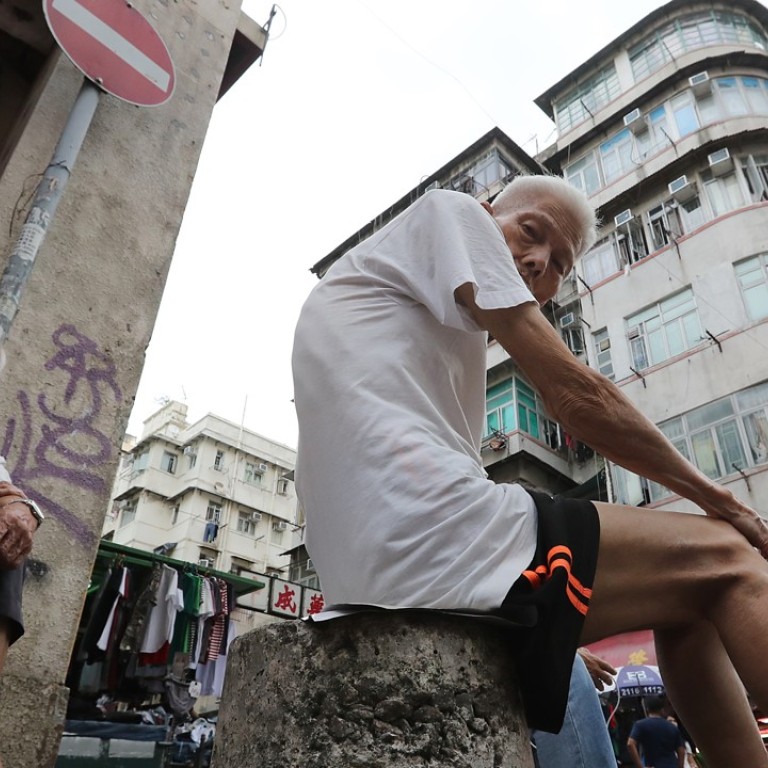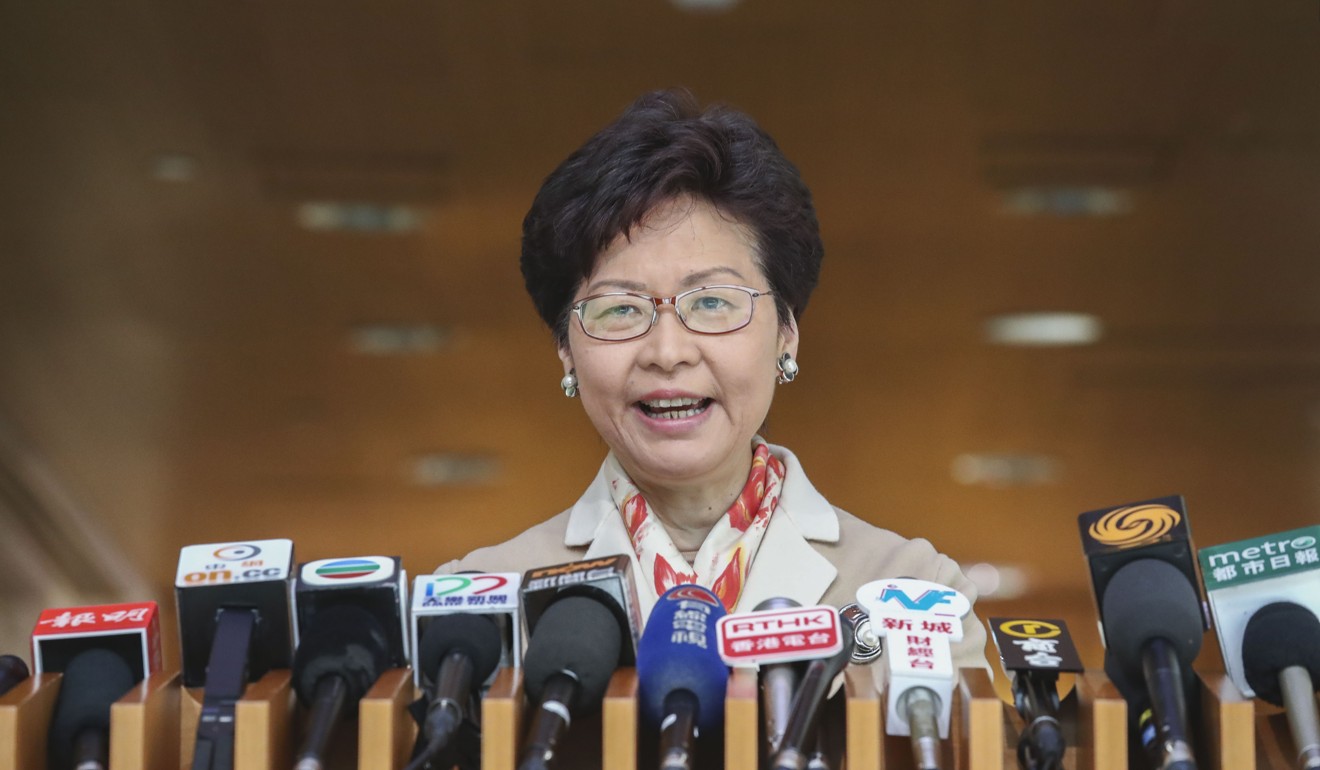
‘Hard to please all’, Hong Kong finance chief says about use of budget surplus as he hints at medical system boost for elderly
Paul Chan touches on coping with an ageing population in blog post leading up to budget address this week
More funding might be on the way to “strengthen” the medical system “for the ageing population”, Hong Kong’s financial secretary hinted on Sunday amid discussion over the city’s considerable budget surplus.
Chan also hinted that there would be no cash handouts for Hongkongers, unlike in 2011. But help would be in the form of various measures for specific groups under a theme of “caring and sharing”.
Why are Hong Kong bureaucrats such miserly fiscal spenders?
“Whatever the budget measures will be, it will be hard to make everyone happy,” he said.
Hong Kong is set for a massive budget surplus of nearly HK$160 billion (US$20.4 billion) this year, much larger than the original estimate of HK$16.3 billion for 2017-18.
Chan also posed a question on his blog: “Should the government actively plan to strengthen ancillary facilities of the medical system when its finances are sound and good, to cope with the challenges of an ageing population?
“These plans may not have immediate impacts. But if we do not prepare during the good days, it will be even more difficult to do so during a time when our finances are tight. The result is that those in need will not get the proper care at the most difficult time.”
Carrie Lam says Hong Kong’s next budget may be ‘full of surprises’
The proportion of the population aged 65 or older rose from 12 per cent in 2006 to a new high of 16 per cent in 2016, according to a summary of results of the 2016 by-census by the Census and Statistics Department. In 1986 the figure was 8 per cent.
Medical sector lawmaker Dr Pierre Chan said the government should improve the city’s medical facilities by planning new hospitals.
“A few years ago the government earmarked HK$200 billion for the extension and redevelopment of existing public hospitals … and it is now time to earmark at least another HK$100 billion to plan for new ones,” he said, adding that it has been two decades since major new public hospitals were built.
Chan said that the government should also use at least HK$10 billion of its surplus to set up a fund to stabilise its financing for public medicine.
He explained that from 2003 to 2006, public medical funding decreased because of the city’s economic downturn. A lot of doctors, especially junior ones, had to leave the public sector at that time, and hospitals were still suffering from the lack of doctors with around 12 to 15 years of experience, he said.
Chan said a new fund could stop that from happening again.

His predecessor, Dr Leung Ka-lau, who used to work in public hospitals, also agreed that Hong Kong lacked ancillary medical facilities, including hospitals, clinics and elderly homes.
Hong Kong government urged to allocate extra HK$7 billion for mental health services
But he said officials, such as Paul Chan and Lam, needed to realise that the main problem was not the lack of facilities or resources, but how the resources were being distributed among existing facilities.
In a reference to densely populated communities, Leung said: “Public medical services in Kowloon East and the New Territories have been criticised as being bad … but the Hospital Authority has not been allocating money in proportion to a community’s population … or its expected growth.”
Leung hoped that the allocation method could be reformed as soon as possible.

Paul Chan, meanwhile, stressed the importance of preparing for future challenges. “It does not mean we can ignore the needs of the present day. We have seen the problems society is facing today. We must have a vision for our future and the challenges can only be addressed when there is money and a heart to tackle them.”
Hong Kong chief executive Carrie Lam says city’s next budget could be ‘full of surprises’
The financial secretary said he held more than 40 rounds of consultations with people from all walks of life in the past few months for his budget.
Hong Kong’s budget surplus has been underestimated for almost 10 years in a row, largely due to a windfall in land sales and stamp duty revenues from a booming property market.
As of last November, the city already had a cumulative surplus of HK$57.2 billion for the year, four times the original estimate of HK$16.3 billion for the whole of 2017-18. Fiscal reserves ballooned to HK$1.7 trillion by December 31 last year.


